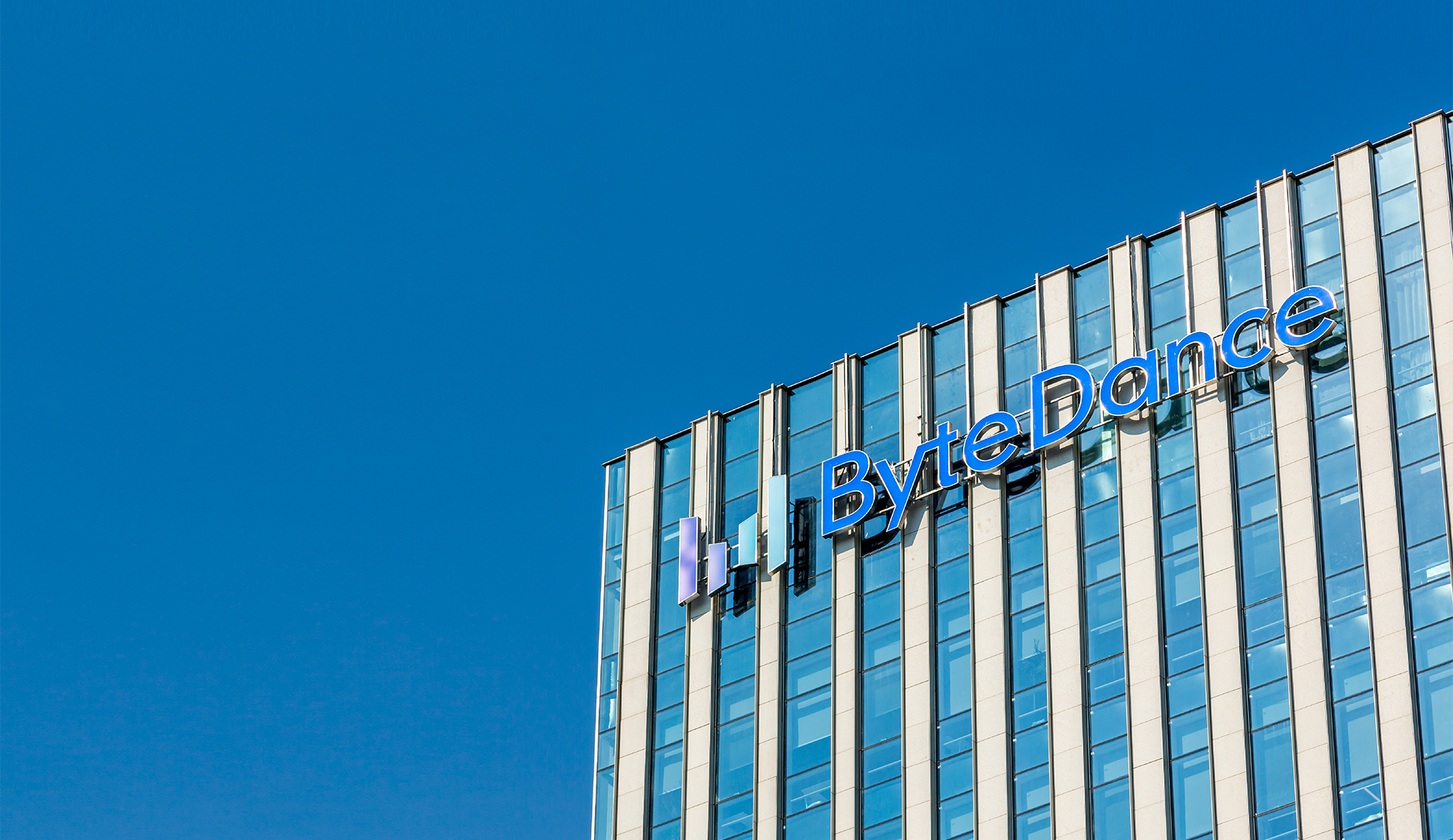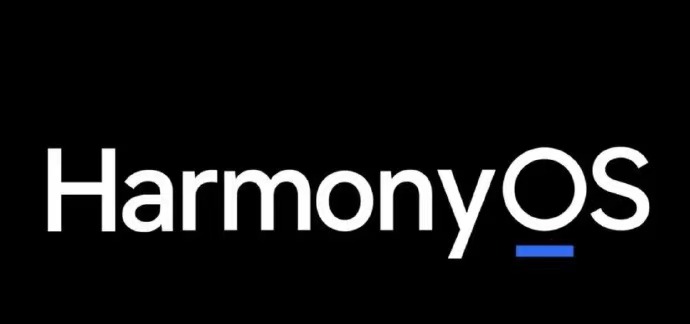The world loves a good show, but managing behind the scenes is a different challenge altogether. Event planners invest months in perfecting schedules, analyzing logistics, and brainstorming creative ideas to make everything perfect.
This is undoubtedly just scratching the surface of your long to-do list. But what if planning events didn’t have to turn your hair gray?
With AI, you can automate repetitive tasks, increase efficiency, and focus on delivering an unforgettable experience.
This guide will explain how to use AI tools for event planning and management.
How to Use AI for Event Planning (Use Cases & Tools)
Understanding AI for Event Planning
Artificial intelligence (AI) is an evolving technology that imitates human intelligence and creativity. It learns from data, allowing it to solve problems, brainstorm ideas, create content, and execute complex tasks.
In event planning, AI can be your greatest ally to streamline processes and avoid those stressful last-minute hiccups.
Think about some of the most common challenges in the event planning process:
- “Did we accidentally go over budget with this venue?”
- “We re-booked the wrong vendor because of a past mix-up!”
- “This isn’t the tone we wanted for our social media posts—we need a complete revamp!”
AI tools can help you with these challenges by managing communication, organizing social media, and creating personalized messages for attendees.
Let’s take a closer look at how AI can make planning all kinds of events—from virtual conferences to large trade shows and everything in between—an absolute breeze.
How to Use AI for Planning Events
AI algorithms are built to respond to your needs—you provide the prompts, and they provide the solutions.
By effectively using AI tools, you can create event planning templates, optimize resource allocation, analyze event data, and learn about trending topics that could enhance your event.
Below are seven ways you can use AI and event planning software to create your automated process.
1. Select and optimize venues
Selecting the right venue is crucial to the success of your event. By leveraging AI, you can quickly analyze attendee data, budget constraints, and preferences to choose the best venue.
The right prompt, like the one below, can turn your AI tool into fantastic venue management software:
“I am planning an [event type] for [number of attendees] attendees on [date(s)]. Help me select a venue that fits these key requirements:
Location: [Preferred city or region]
Capacity: [Number of guests]
Amenities: [List amenities, e.g., ‘AV equipment, on-site catering, Wi-Fi, and parking’]
Budget: [State budget range]
Accessibility: [Details like wheelchair access or proximity to airports]
Ambiance/Style: [Desired vibe, e.g., ‘modern and professional’ or ‘rustic and elegant’]
Special requirements: [Any specific needs, e.g., ‘green-certified venue,’ ‘outdoor area for a cocktail hour’].”
Response:
2. Create an event checklist
Event planning involves countless tasks that must be coordinated smoothly.
You can generate a comprehensive event planning checklist with AI to ensure nothing is forgotten.
It’s like having an AI event planner manage every stage, from pre-planning to post-event wrap-up.
If you find yourself getting lost in the logistics of your event, try using a prompt like the one below to make things easier for you:
“I am organizing an [event type] for [number of attendees] on [date(s)] in [location]. Please create a comprehensive event planning checklist tailored to this event, covering the following aspects:
Pre-planning: [Tasks like defining goals, setting budgets, and assembling a team]
Venue and vendor coordination: [Finding and booking the venue, managing contracts, and coordinating with caterers, decorators, and other vendors]
Marketing and invitations: [Creating promotional materials, sending invitations, and tracking RSVPs]
Logistics and operations: [Managing event schedules, transportation, seating arrangements, and AV setup]
On-the-Day execution: [Checklist for tasks during the event, including registration, troubleshooting, and coordination with staff]
Post-event wrap-up: [Tasks like collecting feedback, processing payments, and generating event reports]
Prioritize efficiency, attendee experience, and contingency planning. Expand the list by adding other important tasks.”
Response:
💡Pro Tip: For a more organized system, consider using AI to create checklists divided into phases like “3 months before,” “1 month before,” and “event day.”
3. Get inspiration for event theme
AI tools are your holy grail for brainstorming innovative and creative ideas to deliver an audience-focused experience.
You can decide on a theme, related decorations, return gift ideas, and more by just having a conversation with AI. Use this prompt for reference!
“I’m planning an event and need help brainstorming.
Please suggest creative theme ideas, along with matching decorations, return gift suggestions, and other related details such as color schemes and dress codes.
The event is [provide event details, e.g., birthday party, corporate gala, wedding, etc.], and the target audience includes [describe the attendees, e.g., families with kids, professionals, friends, etc.]. Please consider [specific preferences or requirements, e.g., budget constraints, seasonal inspirations, or cultural elements].
Provide detailed and cohesive suggestions for the event.
Response:
💡Pro Tip: AI-driven tools often remember the context of your discussion with them. So, if you continue the checklist chat with this prompt, you can skip mentioning the event details. Just ask what you need to know for a crowd management plan.
4. Create an agenda for your event
No successful event is ever without people. You want attendees to have a nice time, participate in the activities, and leave feeling merrier.
Use AI tools to analyze your guest list and understand their preferences to design an event that checks everybody’s boxes. Here’s the prompt.
“I am planning an event and need a personalized agenda for attendees. Here is some information:
Event details: [Provide details about the event, such as its purpose, theme, and date]
Attendee information: [Include profiles such as job roles, interests, or preferences]
Event components: [List available sessions, workshops, keynote topics, and breakout activities]
Constraints: [Specify any time limits, required sessions, or other factors]
Please create a tailored agenda for attendees, ensuring the recommendations align with their profiles and interests while balancing variety and engagement.”
Response:
5. Personalize communication and invitations
Conversational AI bots like ChatGPT and email automation systems like Mailchimp can create tailored messages for event attendees.
You can automate tasks like composing invitations and reminder emails without manually writing to every name on the guest list.
Here’s a quick prompt to use with your preferred AI chatbot to create personalized communication in an instant:
Sample prompt: “I need help crafting personalized email invitations and reminders for an upcoming [event type] scheduled for [date(s)] in [location].
Please create the following types of emails:
Initial invitation email:
Introduce the event warmly, highlighting its purpose, key benefits, and major attractions (e.g., speakers, workshops)
Include details about the date, time, location, and how to register (e.g., ‘Click here to RSVP’)
Use a friendly, professional tone that resonates with [target audience, e.g., ‘corporate executives and business leaders’]
Reminder email:
Remind recipients of their RSVP or encourage those who haven’t responded to register
Include a countdown to the event and emphasize any new updates (e.g., ‘Seats are filling fast!’ or ‘Keynote speaker just announced!’)
Ensure the email creates a sense of urgency while maintaining a polite tone
Personalization details:
Address the recipient by name and tailor the message based on their potential interests (e.g., ‘As a [job title, e.g., “marketing professional”], you’ll love our session on [topic].’)
Reflect familiarity with the recipient’s previous engagement with the brand or similar events
Provide clear calls to action (e.g., ‘Register Now’ or ‘Add to Calendar’) and make the emails concise, visually appealing, and mobile-friendly.”
Response:
6. Create content for marketing
Write blogs, social media captions, video scripts, speaker bios, and other promotional materials using an AI content generator to market the event. You can even use these tools to create the event website and manage its content.
Use a prompt like the one below to ensure your content is in line with the event’s tone, speaks to the target audience, and outlines a clear agenda:
Sample prompt: “I am organizing a [event type] scheduled for [date(s)] in [location]. Help me create compelling social media ads to promote the event and drive registrations.
Target audience & messaging:
Tailor the ads to [audience, e.g., ‘corporate executives and business leaders’] with messaging focused on key benefits, such as learning opportunities, networking opportunities, and expert insights.
Event highlights:
Include the event’s purpose, major attractions (e.g., ‘Keynote by [Speaker Name], [Title]’), and a clear agenda (e.g., ‘Master leadership strategies in just 2 days!’)
Calls to action:
Use solid CTAs and emphasize urgency or exclusivity (e.g., ‘Limited spots available—act fast!’)
Platform-specific variants:
Create short, impactful copy tailored for [platform names], with relevant hashtags, links, and visuals that reflect the event’s tone and branding
Provide ad copy for each platform, ensuring it’s concise, compelling, and aligned with the event’s goals.”
Response:
7. Manage your budget
AI can track expenses, predict future expenditures, and suggest budget-friendly alternatives. It can also study your current cost management plan and provide valuable insights on improving it.
Use the Cost Analysis Template to save money, make mindful choices, and maximize ROI for each event.
This template lets you improve cost visibility and tracking, monitor real-time costs, and allocate resources mindfully.
If you want to create a cost analysis plan, you can also simply use the below prompt in an AI chatbot:
“I am organizing a [event type] scheduled for [date(s)]. Help me enhance event planning and optimize budget management with AI-driven insights and suggestions.
Expense tracking:
Provide methods for tracking expenses in real time, categorizing costs, and identifying overspending trends
Cost prediction:
Use historical data and current plans to predict expenditures and flag potential budget risks
Budget optimization:
Suggest cost-saving alternatives for key areas (e.g., venues, catering, technology) without compromising quality
Insights and recommendations:
Analyze the current budget plan and propose strategies to allocate resources better, maximize ROI, and meet financial goals.”
Response:
These AI tools can integrate with your event management platform and smoothen the process. However, there is also a better alternative—all-in-one project management software for events.
Using AI Software for Planning and Managing Events
is not just a productivity tool. It is also management software that can be shaped as you please. Combine these two abilities, and you have a powerful event project management tool.
What’s so special about ? For starters, there’s Brain. ’s AI solution makes planning and management easy through a few super-useful features.
It eliminates the worry of creating the perfect prompt. Instead, there is a library of hundreds of pre-written prompts to get work done.
Brain also integrates with your workspace and absorbs everything—your work, resources in use, company wikis, and more. Therefore, plain English instructions deliver tailored solutions.
With Brain, you can track your team’s progress, communicate deadlines, update improvements, and bring everyone on the same page. It also has an in-built writing assistant to make content creation easy. Proofread your work without plugins, craft a full-fledged email/blog/social media post, and generate templates within just a few minutes.

Beyond its AI feature, has free and customizable templates for efficient event management.
The Event Planning Template is a pre-event preparation tool that centralizes budget tracking, guest list management, and timeline coordination.
With flexible views—including List, Board, and Calendar—it adapts to different planning styles, while pre-saved lists (e.g., Activities, Facilities, Billing) and custom fields/statuses ensure detailed task tracking.
With this template, you can:
- Collaborate for vendor and sponsorship details using documents in real-time
- Use progress bars to monitor deadlines
- Visualize a budget tracker to stay mindful of the finances
- Create workflows and manage priorities using a drag-and-drop Kanban board
Alaina Maracotta, Event Marketer at Vida Health, had this to say about her experience:
The Event Management Template can also be used to plan a corporate event, product launch, or conference using customizable views like List, Map, Timeline, and Budget.
This execution and operational management template includes tools like Gantt charts, automation, and recurring tasks that enable seamless monitoring of event registration, timelines, and resources.
The template offers everything needed to organize successful events, from setting goals and creating budgets to managing marketing and logistics.
There is even a template to help you manage multiple events simultaneously—the Event Project Plan Template! Event professionals can use custom fields and statuses to track budgets, deadlines, and task completion stages efficiently.
This template centralizes project details, automates updates, and simplifies team communication, ensuring smooth and timely execution of events.
Prepare for the Future of Event Planning
About 86% of event professionals believe that technology positively impacts events. Finding solid event management software to make your job easier is the difference between dismal failure and stunning success for your event.
ticks all the boxes with its all-in-one customizable event management system. With just one tool, you can collaborate with your team, track expenses/progress, create content, and much more.
So, what would you prefer—an easy-to-use single tool for event planning or a mix of different tools to meet different requirements?
If you picked the former option, try by signing up for free!


Everything you need to stay organized and get work done.






/cdn.vox-cdn.com/uploads/chorus_asset/file/23904518/VRG_Illo_K_Radtke_STK070_Instagram_1.jpg)







